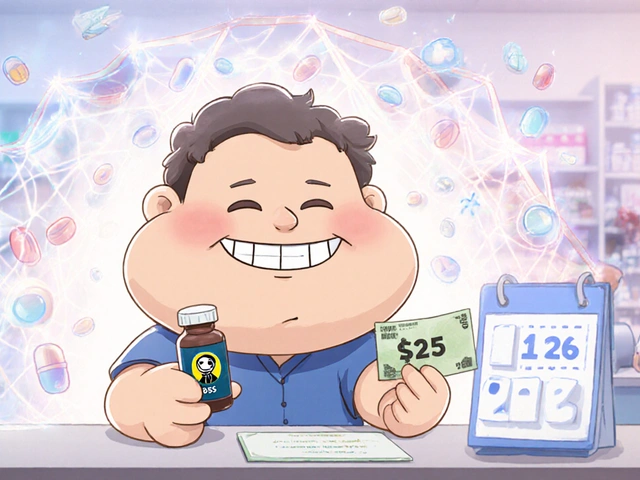QTc Interval: What It Means, Why It Matters, and What Drugs Affect It
When your doctor mentions the QTc interval, a corrected measurement of the time it takes for your heart’s ventricles to electrically reset after each beat. Also known as corrected QT interval, it’s a simple number on an ECG that can tell if you’re at risk for a life-threatening heart rhythm. It’s not something most people know about—until it becomes urgent.
A normal QTc is under 450 milliseconds for men and under 460 for women. Go beyond that, and your heart’s electrical system can misfire. The most dangerous result is torsades de pointes, a type of irregular heartbeat that can turn into sudden cardiac arrest. It doesn’t always come with warning signs. That’s why doctors watch for it when you’re on certain meds—like antibiotics, antifungals, or even some antidepressants. These drugs can block potassium channels in your heart muscle, slowing down the reset phase and stretching out the QTc. It’s not about the dose alone; sometimes, even standard doses cause trouble if you’re dehydrated, have low potassium, or take more than one drug that affects the same pathway.
It’s not just about pills. Conditions like heart failure, hypothyroidism, or genetic disorders like Long QT Syndrome can stretch the QTc too. And if you’re on multiple medications—say, an antibiotic for an infection plus an antacid for heartburn—you might not realize you’re stacking risks. Drug-induced QT prolongation, a preventable side effect caused by medications that interfere with the heart’s electrical timing is one of the most common reasons for sudden drug withdrawals. The FDA has flagged over 150 medications for this risk, from common ones like ciprofloxacin to less-known ones like bromocriptine. Even over-the-counter antihistamines and nausea meds can push things over the edge in vulnerable people.
What you’ll find in the posts below isn’t just a list of drugs. It’s a practical map of how everyday prescriptions interact with your heart’s rhythm. You’ll see how cefdinir, miconazole, and even acid-reducing meds like PPIs can quietly affect your QTc. You’ll learn how to spot red flags on your prescription label, what lab tests your doctor might check before prescribing, and why some people need ECGs before starting certain treatments. This isn’t theoretical. It’s about preventing a silent, sudden event that could have been avoided with better awareness.
QT Prolongation: Medications That Raise Arrhythmia Risk

QT prolongation is a hidden heart rhythm danger caused by over 200 medications, including common antibiotics, antidepressants, and antipsychotics. Learn which drugs raise arrhythmia risk and how to prevent life-threatening complications.
read more



